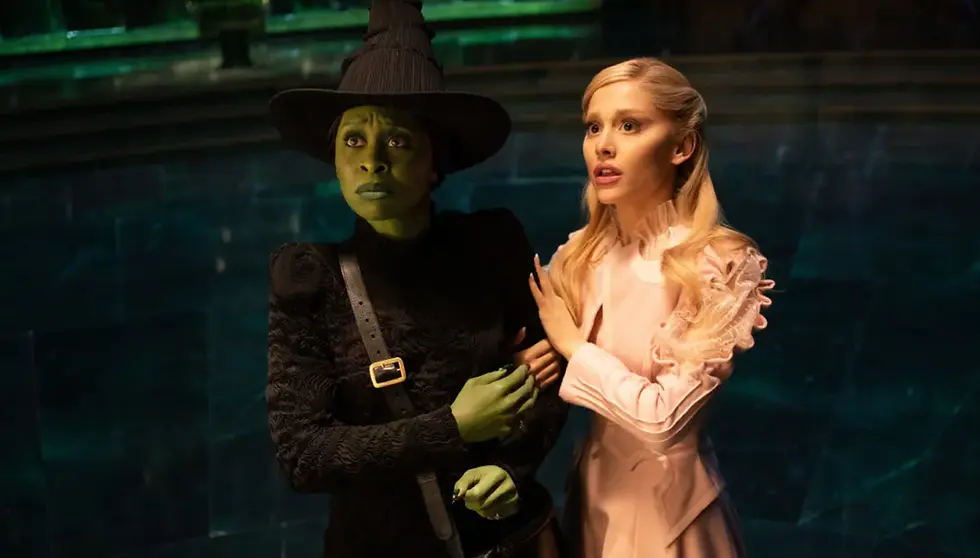Girl From the North Country - Noel Coward Theatre
- comaweng
- Mar 9, 2018
- 3 min read

Someone in my row remarked on my much-delayed visit to Girl From The North Country that this particular performance had attracted a large number of ‘Bob Dylan fans’. I’m not sure how she reached this conclusion – this was, as far as I could deduce, a regular West End theatregoing crowd. Nobody was sporting Dylan memorabilia, for instance. But I suppose it takes one to know one, and even if she was entirely in the wrong, a sense of comfort taken in apparently being with kindred folk is no bad thing.
The trouble is, I was put off Bob Dylan as far back as my schooldays, when his ‘Blowin’ In The Wind’ was used as one of the songs to be used during school assemblies. The school I was attended at the time was phasing out hymns with some vigour, and replacing them with non-religious tunes, of which this Dylan tune was considered suitable. Never mind that Dylan himself had converted to Protestant Christianity, and never mind that we were, as school pupils, too damn juvenile to get our little heads around the deeper metaphors in the questions asked in ‘Blowin’ In The Wind’ – although the same could be said of the lyrics in ‘Hymns Ancient and Modern’, first published in 1861.
So, I didn’t know the songs, and frankly I still don’t know them, and I have no desire to get to know them. But for those who do appreciate them more than I do (that is, at all), there’s a lot of tunes from across Dylan’s extensive back catalogue to be enjoyed. The songs, while adding to the live theatrical experience, only really reinforce what has either already been said or is about to be said, but for those who do appreciate them, and recognise them, there’s much to be enjoyed. Still, I found myself occasionally waiting for a song to finish so the plot can carry on.
The renderings of these songs are impressive, and while largely sung in the style of musical theatre, the show is not performed as a musical. The lyrics are seamlessly a part of the script, such that a song will sometimes stop as suddenly as it started, and spoken dialogue resumes without the big (or, at least, definitive) finish and consequent applause that a song written for musical theatre would do. That said, some in the audience couldn’t resist trying to show their appreciation, quite justifiably, though the clapping only then cut across the next lines that would be spoken immediately after the last note of a song, or a portion of a song. It’s simply not a musical, it’s a play with a cast recording available to purchase in the theatre foyer. Or to put it another way, it’s a paradox.
The musical numbers have clearly been carefully selected, and none are incongruent with the narrative at the point at which they appear. That says something about Dylan’s music, given the play’s setting – the Great Depression. It is a very sad story, which Dr Walker (Adam James) narrates, and with one piece of bad news after another, Nick Laine (Ciarán Hinds), the owner and operator of a hotel, is struggling, to put it mildly. There are also opportunities to appreciate actors as musicians, as they supplement the four on-stage band players led by Alan Berry. For example, Bronagh Gallagher’s Mrs Burke sings and plays the drums simultaneously, seemingly effortlessly.
The costumes depict the interwar depression period very well, as does the script. One of the hotel guests, Joe Scott (Arinzé Kene) is subjected to abuse by Nick’s son Gene (Sam Reid), partly as Gene is under the influence of the bottle, and partly because of a societal-level prejudice towards black people that, in the light of the modern-day campaign Black Lives Matter, has never been eradicated to this day despite the civil rights movement a generation ago. It’s gritty, with a plot that proves a little unwieldy, but goodness me, it’s a powerful and poignant production.
Four stars




Comments